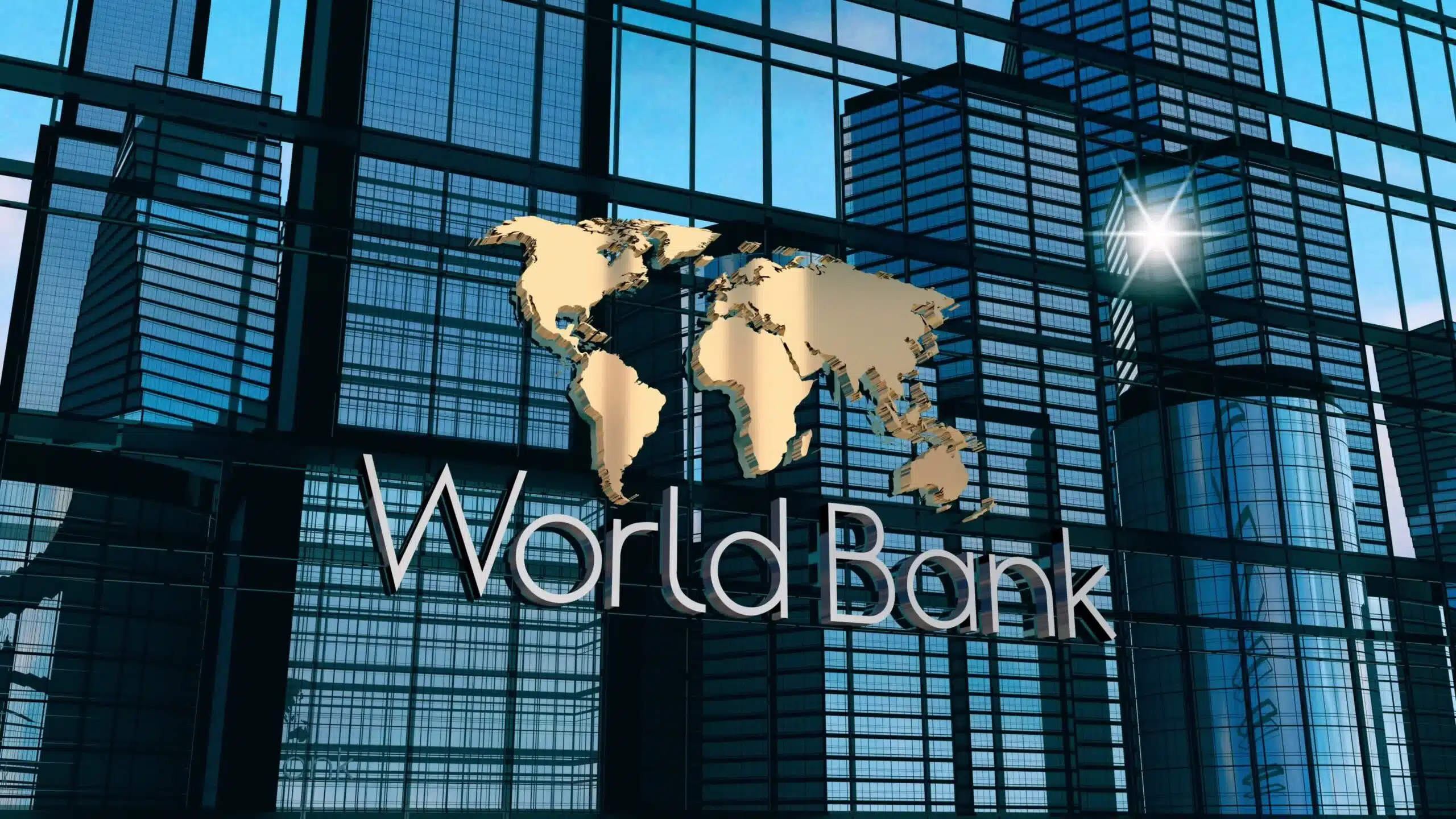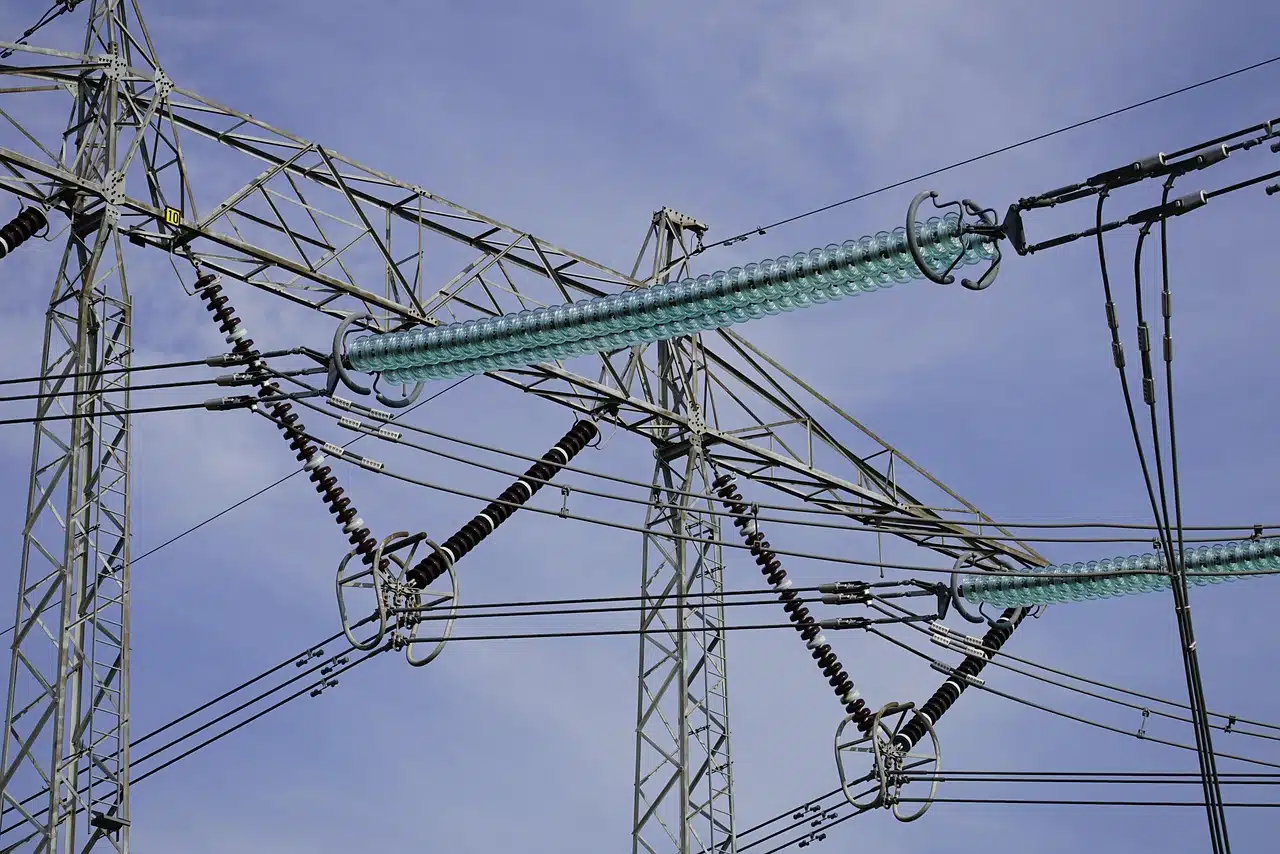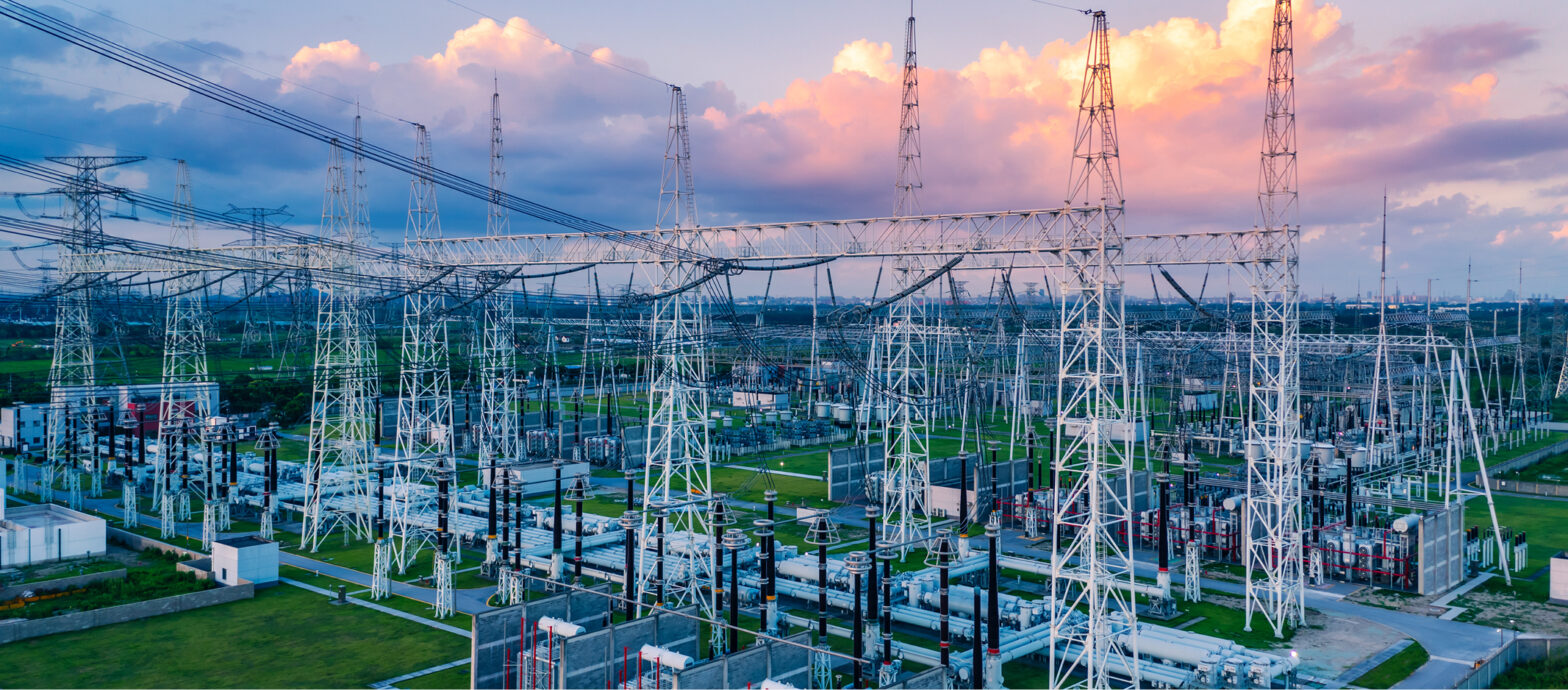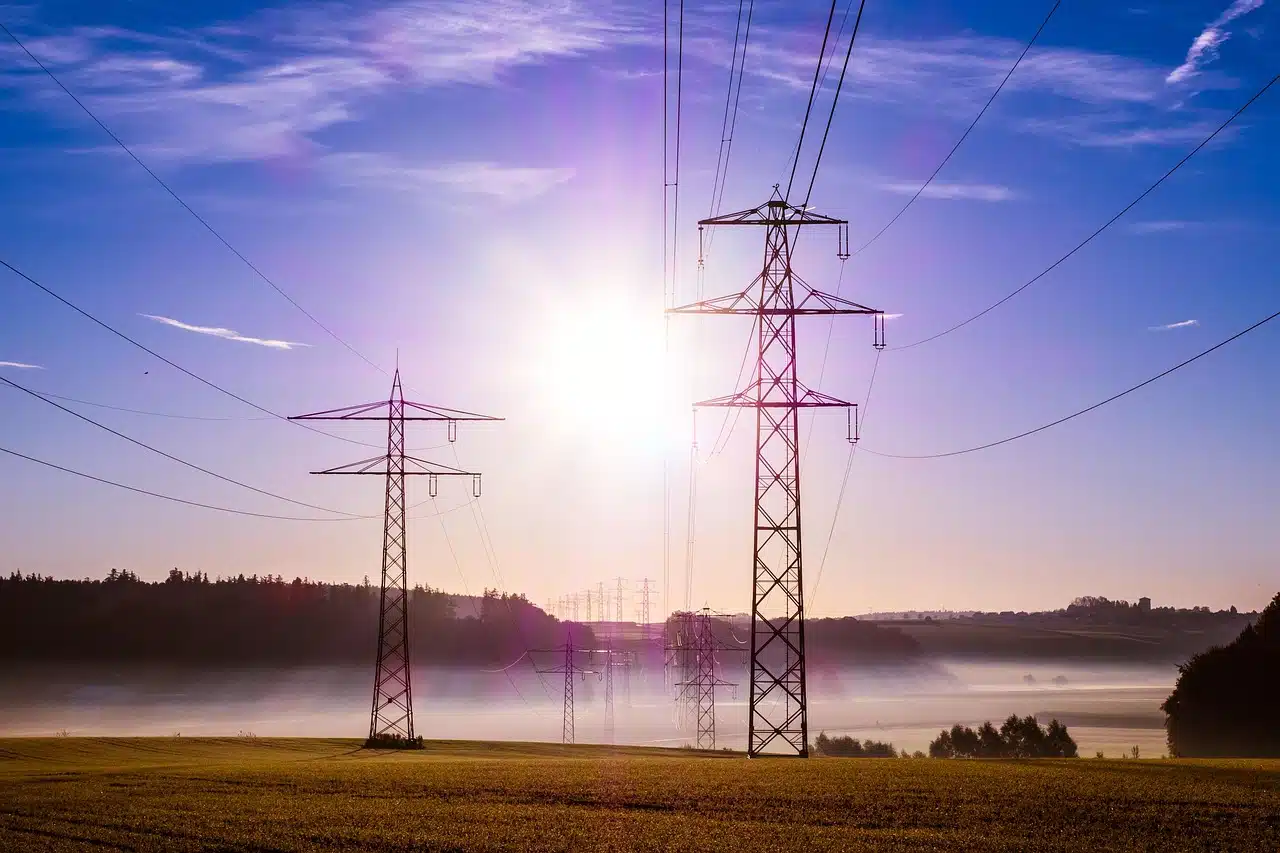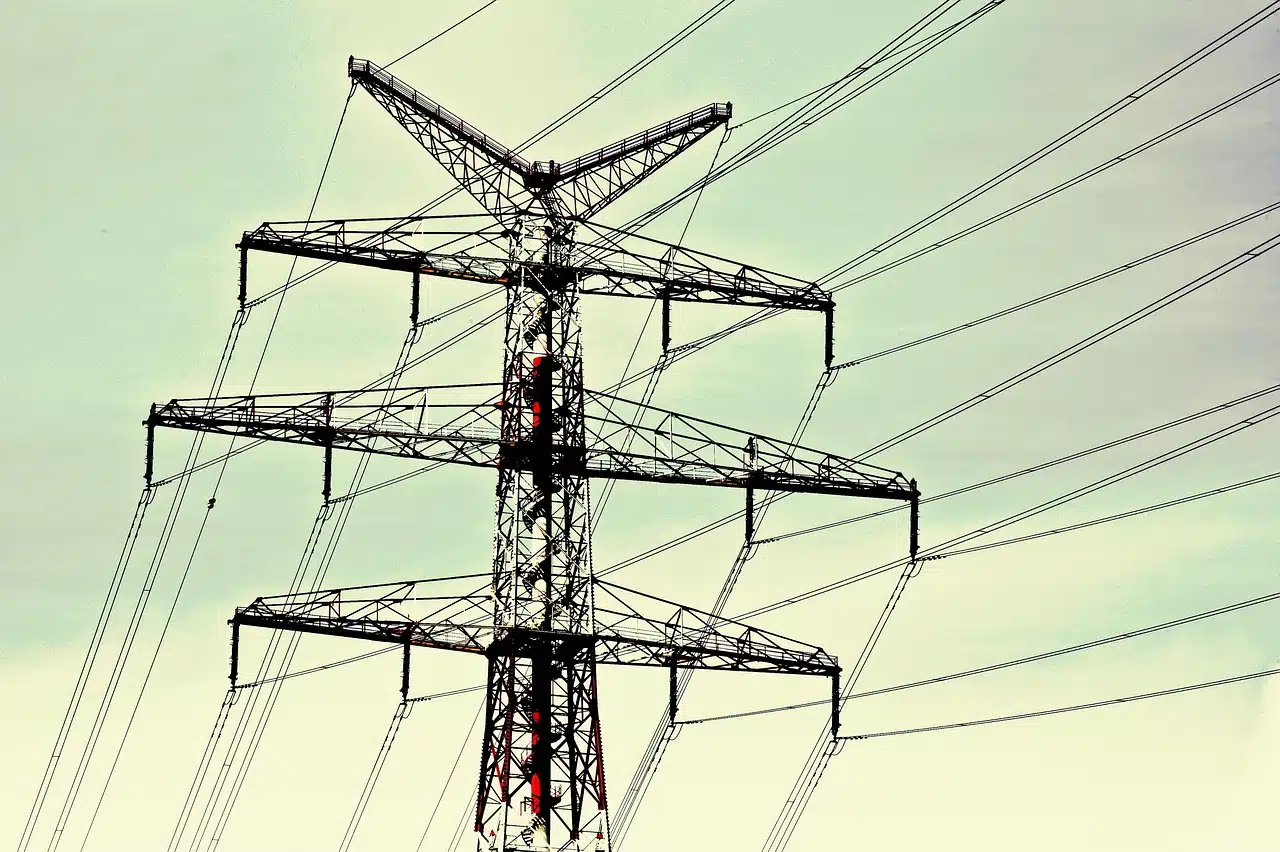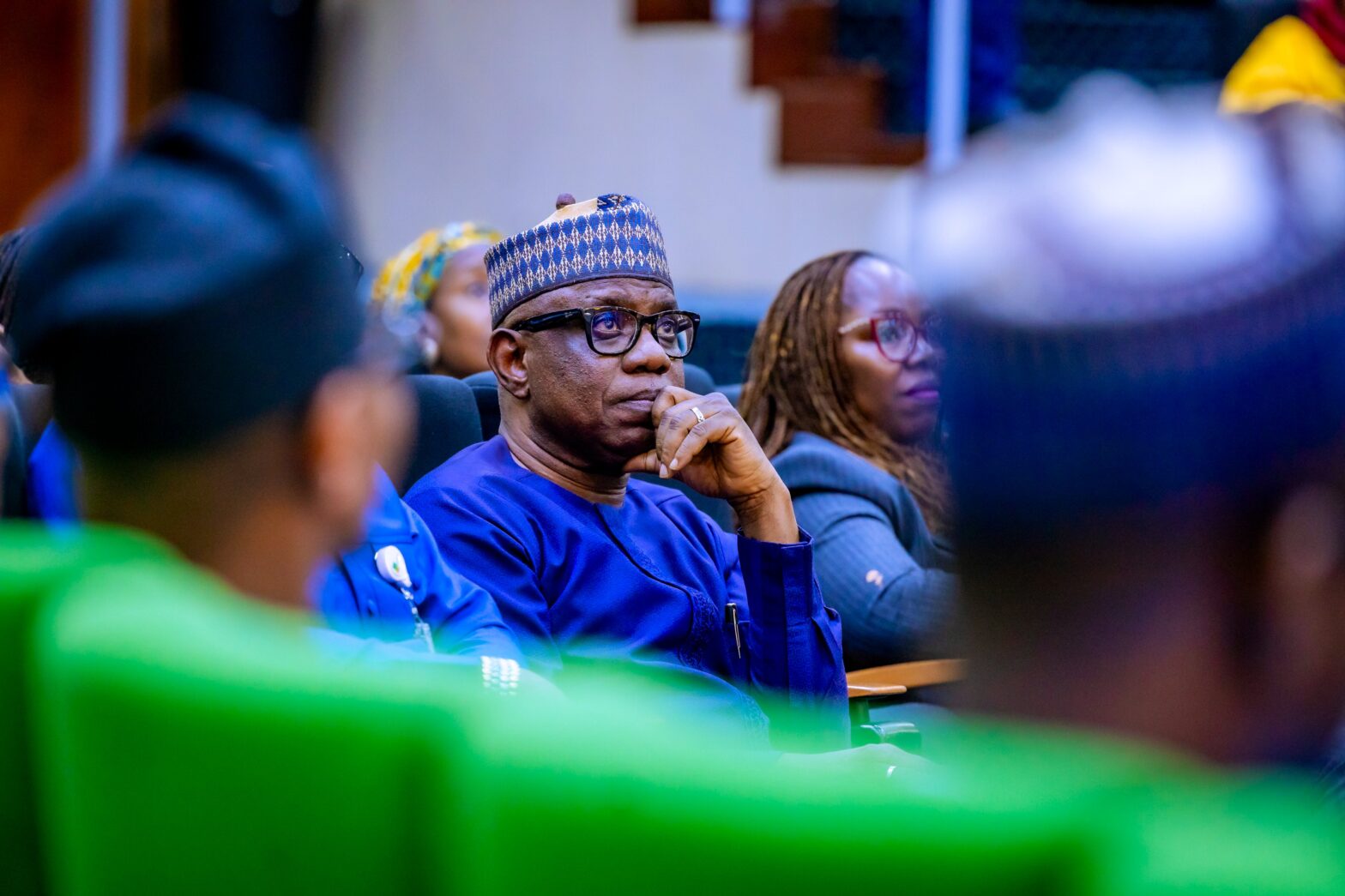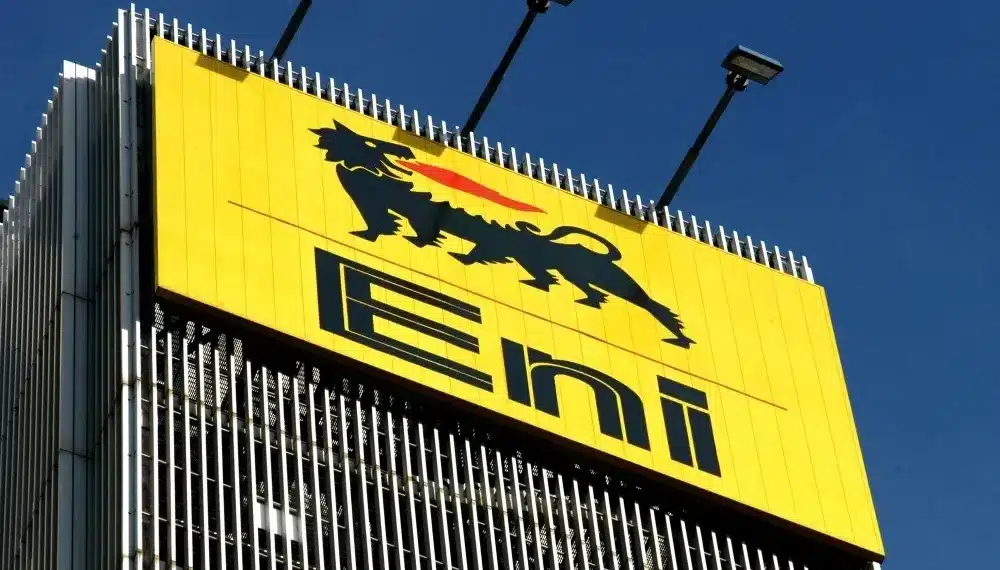The World Bank’s Climate Investment Funds (CIF) is nearing a decision on the disbursement of a $2.6 billion green finance package for South Africa.
The CIF, which is backed by money from 15 of the world’s richest nations, is considering a $500 million payment to South Africa to help it transition away from the use of coal as its primary energy source.
If granted, that would unlock a further $2.1 billion in funding from multilateral development banks and other sources.
The decision was initially delayed last year by South Africa’s attempt to alter the terms of the pact by keeping three coal-fired power plants open longer than had been agreed earlier.
The US had asked for more time and had been given until Friday, said a person familiar with the matter.
For a decision to be made, the disbursement would need backing from all of the participating countries unless they abstained.
If a decision is reached it will be made public on March 10, a person familiar said.
Losing the finance would be another setback for South Africa’s plans to fund its green energy rollout.
The country aims to close its coal-fired power plants, which supply more than 80% of its electricity.
This reliance on coal makes South Africa the most carbon-intensive economy among nations with a population of over 4 million.
South Africa needs to shut down its coal-fired power plants, according to a research report by one of its health agencies which found that people living near them were 6% more likely to die than their peers elsewhere.
Earlier, the US notified South Africa that it was canceling the $1 billion it pledged to a separate $9.3 billion climate pact between the nation and some of the world’s richest countries.
The CIF’s two biggest patrons are the UK and the US.
Both countries have contributed or pledged $3.61 billion and $3.52 billion respectively out of a total of $12.1 billion, the CIF said on its website.
Other major contributors include Japan, Germany and Canada.
Meanwhile, South Africa relies on external investment and partnerships to fund its energy transition push in a bid to reduce dependence on its aging coal-fired power plants.
Last year, the South African Minister for Electricity and Energy had been actively engaging with potential funders and trading companies in Japan to attract investment for green hydrogen projects.
Most recently, South Africa secured a $157 million loan from Germany’s KFW Development Bank to bolster Cape Town’s power grid, and accelerate the country’s broader transition to green energy programs.

